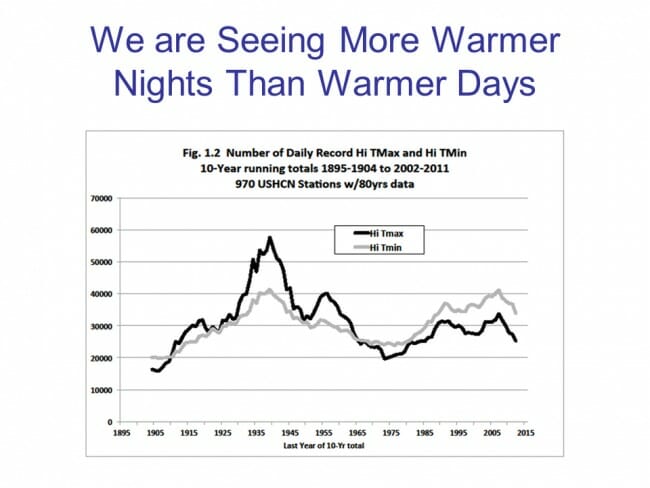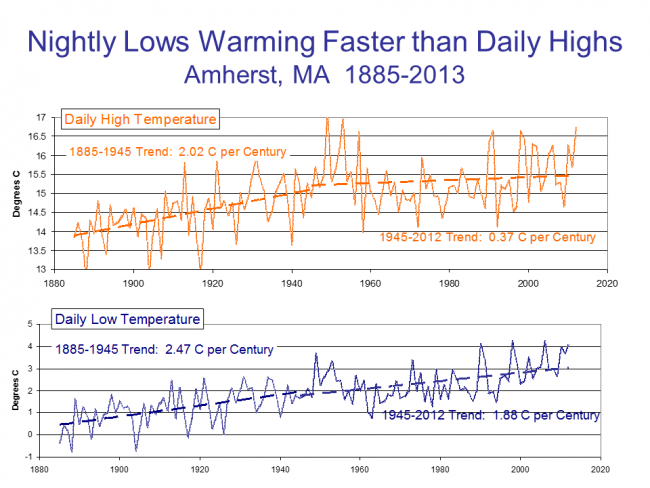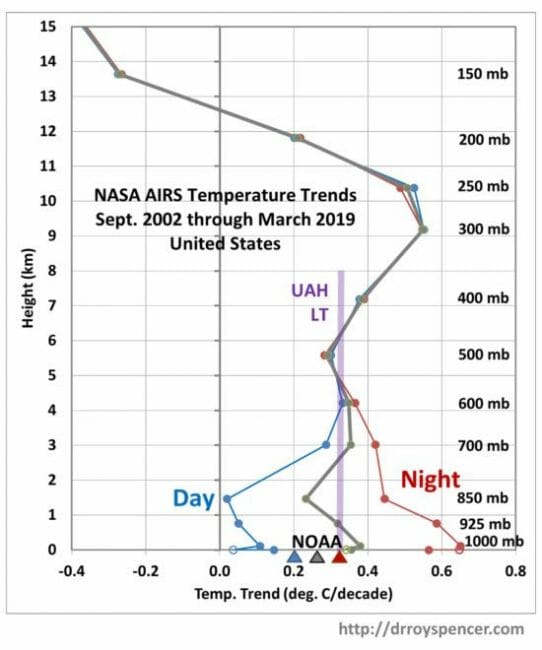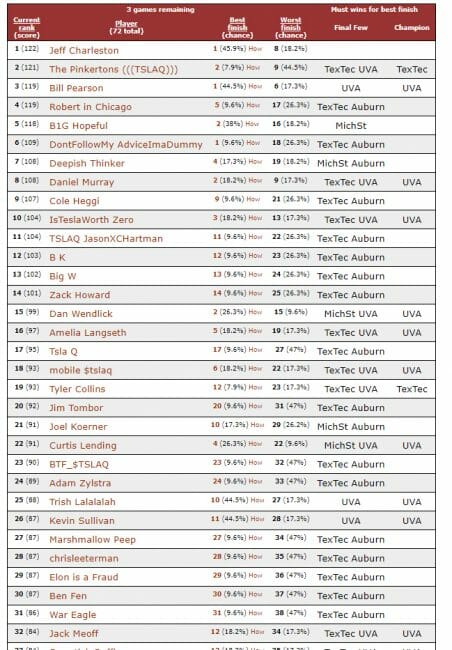It is something you see all the time -- large companies asking to be regulated, at first glance against self-interest. Those most interested in expansion of the government and the regulatory state will shout, "See! Even large evil companies know they need to be subject to government oversight."
But in fact what is usually going on is that the large company knows that regulation will actually cement its position in the industry, making it harder for rivals and new entrants to compete. Toy-maker Mattel turned a lead scandal of their own making into a coup by creating a regulatory framework that pounded its competitors. Walmart and Costco often support minimum wage in retail legislation because they know that with their higher sales per employee, they can survive higher minimum wages than their smaller ma and pa competitors.
Mark Zuckerberg, who I am increasingly convinced is the most dangerous man in America, and his testimony to Congress begging for regulation, should be seen in this context.
So in Facebook’s case, they will advocate some institutionalized changes in the way social media should work. Every change will involve compliance costs. Facebook will make sure that it can comply...and that its competitors cannot without great expense. That will give them a distinct advantage in the marketplace, make it more difficult for startups to compete, and guarantee this platform a leading place by law.
This is why Mark readily agreed to be regulated. Regulations always work to the advantage of the largest market players....
Nor should this come as some sort of shock. This is the way government regulations have always worked, from the meatpackers in the early 20th century (who crafted and enforced meatpacking legislation), to all labor legislation (it’s labor-union lawyers who exercise the dominant influence) to Bitcoin regulations (the major exchanges are always involved) to digital technology today (no way are Google and Facebook going to be excluded from writing the regulations that govern their industries).
There is a civics-text myth that imagines government workers and politicians as all-knowing, crafting rules that benefit everyone as opposed to particular players. It imagines that major market players are suffering as government forces new rules that require their operations put greed on hold and serve the public. The on-the-ground reality is otherwise. There is not a single regulation on the books that does not have an author who is unattached in some way to the regulated industry in question.
Milton Friedman called this regulatory capture. The problem is the influence of industry is there from the beginning. It’s absolutely not the case that capitalists are champions of capitalist competition, as the career and policies of Donald Trump should make clear. Lots of people are good at using markets to make money; only very special people become defenders of open competitive processes.
Right now, Facebook faces massive competition from other platforms in social media, copycats, and alternative uses of people’s time. In some ways, it’s the best possible moment to call on government to institutionalize Facebook as a form of public utility. That might actually be the end game that Zuckerberg has in mind. Then the politicians can update their timeline status: today we passed regulations that brought this wayward company to heel.
Zuckerberg said from the very beginning that he was dismissive of individual privacy and he has created the Facebook honeytrap to kill it. He now is setting his sights on free speech, begging the government to tear up the First Amendment. He is a one-man individual rights wrecking crew.
Update: I am actually going to include this from the Reason article about Mattel, because the situation is so similar -- a failing at a large company is used to create a regulatory framework that greatly aids the large company against rivals
Remember the sloppily written "for the children" toy testing law that went into effect last year? The Consumer Product Safety Improvement Act (CPSIA) requires third-party testing of nearly every object intended for a child's use, and was passed in response to several toy recalls in 2007 for lead and other chemicals. Six of those recalls were on toys made by Mattel, or its subsidiary Fisher Price.
Small toymakers were blindsided by the expensive requirement, which made no exception for small domestic companies working with materials that posed no threat. Makers of books, jewelry, and clothes for kids were also caught in the net. Enforcement of the law was delayed by a year—that grace period ended last week—and many particular exceptions have been carved out, but despite an outcry, there has been no wholesale re-evaluation of the law. Once might think that large toy manufacturers would have made common cause with the little guys begging for mercy. After all, Mattel also stood to gain if the law was repealed, right?
Turns out, when Mattel got lemons, it decided to make lead-tainted lemonade (leadonade?). As luck would have it, Mattel already operates several of its own toy testing labs, including those in Mexico, China, Malaysia, Indonesia and California.
So while most small toymakers had no idea this law was coming down the pike until it was too late, Mattel spent $1 million lobbying for a little provision to be included in the CPSIA permitting companies to test their own toys in "firewalled" labs that have won Consumer Product Safety Commission approval.
The million bucks was well spent, as Mattel gained approval late last week to test its own toys in the sites listed above—just as the window for delayed enforcement closed.
Instead of winding up hurting, Mattel now has a cost advantage on mandatory testing, and a handy new government-sponsored barrier to entry for its competitors.





